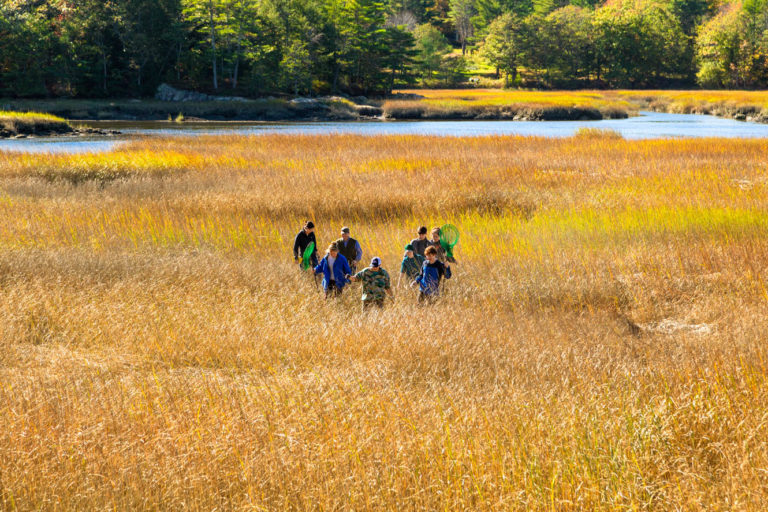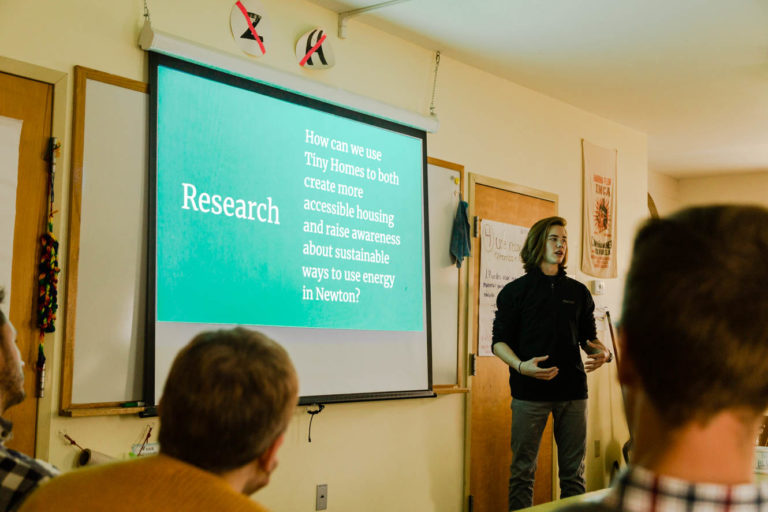Environmental Issues (H)
Elective, Prerequisites: none (can be taken for Social Science or Science credit)
In an era of on-going and profound environmental changes, how does a student get their bearings? What knowledge and tools can lead students towards informed and active citizenship? This course offers a framework for engaging with environmental issues by exploring the political, ecological, ethical, economic, and cultural forces that must be part of any resolution. Starting with the evolution of the modern environmental movement in the United States, this course extends to current international, national, and local environmental issues.
Environmental Issues is taught in a seminar style, integrating information from source readings, films, and lectures through analytical discussions and projects. Students are assessed based on their ability to contribute to discussions, formal writings, and presentations. The course emphasizes the importance of determining our own biases and values, forming coherent arguments, listening to other points of view, and learning to articulately and respectfully express our opinions.
Class includes content from the following units:
- The environmental movement through time: context, roots, and on-going relevance
- Environmental justice, racism, and ecofeminism
- The science of climate change: trends and figures
- Climate policy and energy
- Topics in land use changes and biodiversity loss, e.g. damming of rivers, agricultural practices, forestry, aquaculture, and pollution
- Solutions and building resilience
Readings and class material includes selections from Aldo Leopold, Garrett Hardin, Rachel Carson, Robin Wall Kimmerer, Majora Carter, Van Jones, Terry Tempest Williams, Ayana Elizabeth Johnson, and others. We gather information from the current news cycle, various film and digital media, peer-reviewed journals, and occasional guest speakers or field trips.












